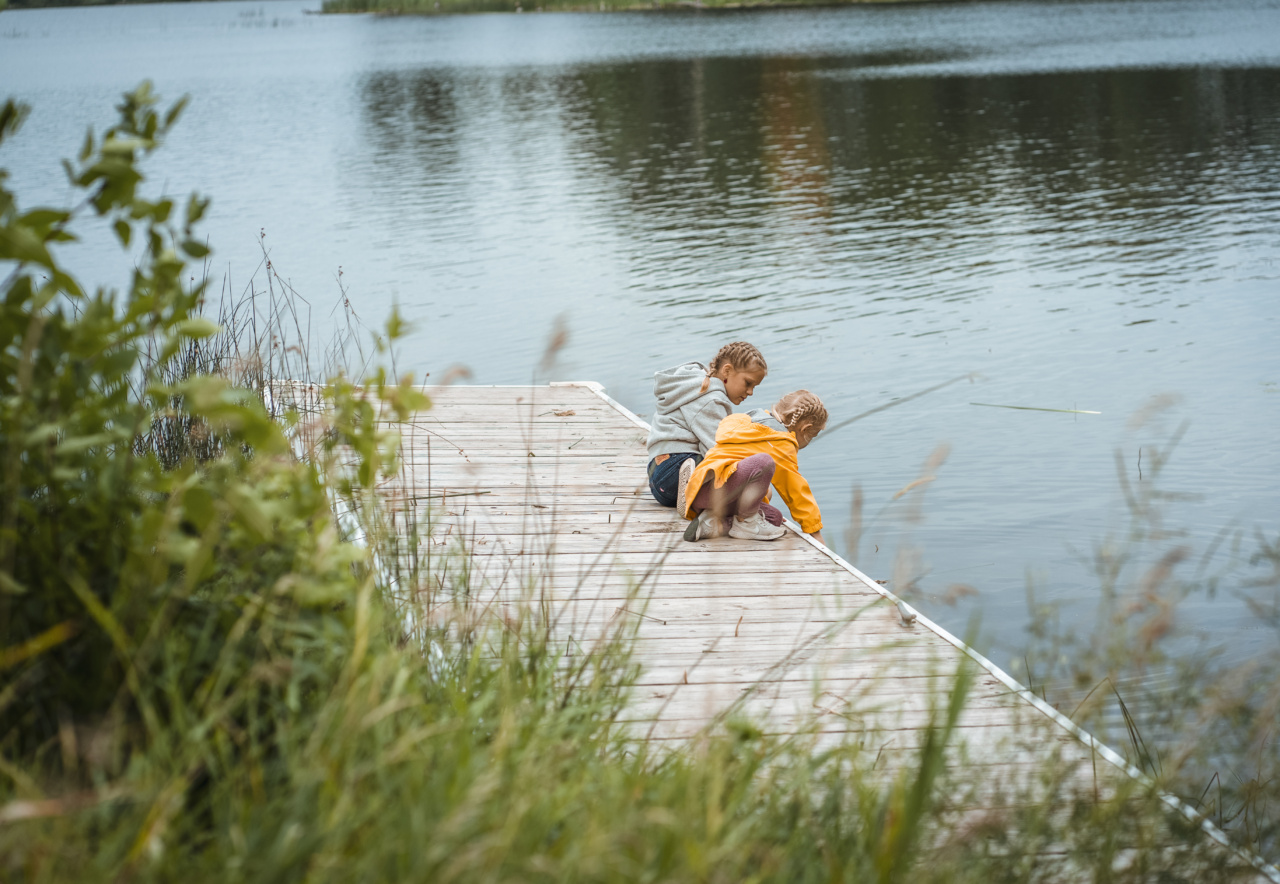Friendship is a beautiful bond that exists between two individuals. It is an experience of mutual affection, trust and support. For children, friendships are especially important.
They help them develop social skills, build confidence, and experience a sense of belonging.
: Importance of Friendship for Children
Friendships play an important role in a child’s emotional and social development. Children learn how to negotiate, cooperate, and communicate with others through their friendships. They also learn how to empathize and resolve conflicts.
These social skills are essential for their future relationships and success in life.
: The Reason Why It’s Not Always Easy
While friendships are important, they are not always easy for children. It is common for children to experience difficulties in their friendships from time to time. Below are some of the reasons why:.
: Different Personalities
Children have different personalities, interests, and hobbies. This can make it difficult for them to find common ground and form friendships.
For instance, an introverted child may have difficulty making friends with an extroverted child who enjoys physical activities.
: Conflicts
Conflicts are a normal part of any friendship. However, for children, conflicts can be especially difficult to navigate. They may have difficulty understanding why their friend is upset with them or how to resolve the conflict.
: Bullying
Bullying is a serious issue that can cause significant emotional harm to children. Bullying can take many forms, including physical, verbal, and cyber bullying. Children who experience bullying often feel isolated and alone.
: Competition
Competition can also drive a wedge between children in a friendship. Children may compete with each other for attention, praise, or resources, which can cause conflict and hurt feelings.
: Family Issues
Family issues can also impact a child’s friendships. For example, if a child is going through a difficult time at home, they may withdraw from their friendships, or behave differently towards their friends.
Similarly, if a child’s friends come from different cultural or socioeconomic backgrounds, this can also raise issues for the child.
: How to Help Your Child Form Healthy Friendships
As a parent or caregiver, there are a number of things you can do to help your child form healthy friendships:.
: Encourage Open Communication
Encourage your child to talk to you about their friendships. Let them know that it’s okay to share their feelings and experiences with you, and that you will listen and support them.
: Teach Them Social Skills
Teach your child social skills, such as communication, empathy, and conflict resolution. Practice these skills with them at home, and encourage them to use them in their friendships.
: Model Good Behaviors
As an adult, model good behaviors in your relationships. This will help your child to see what healthy relationships look like.
: Encourage Inclusivity
Encourage your child to be inclusive of all children. Teach them that it’s important to be kind and respectful to everyone, regardless of their differences.
: Conclusion
Friendship is an important aspect of a child’s emotional and social development. While friendships may not always be easy, they are an essential part of a child’s growth.
By taking the time to understand the challenges that children face in their friendships, and by supporting your child in their relationships, you can help them to form positive, healthy connections that will last a lifetime.































